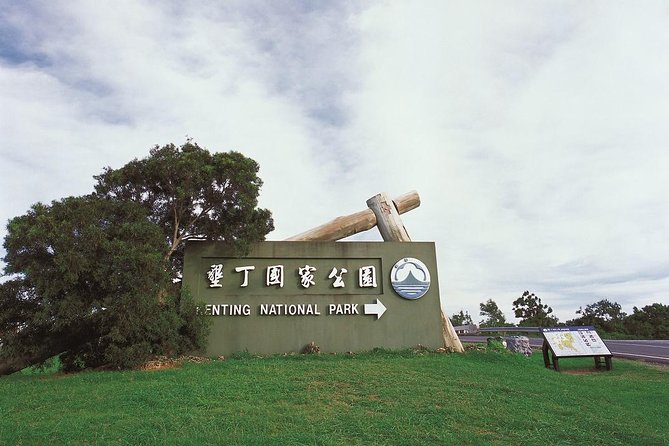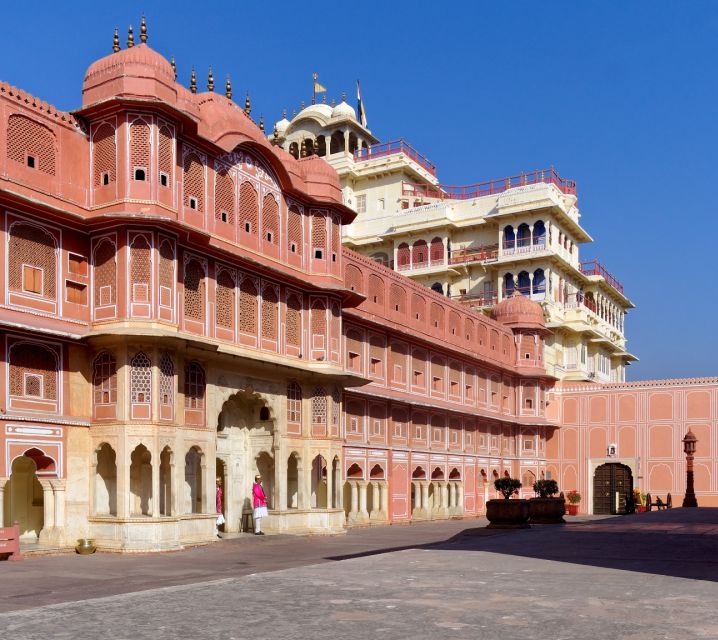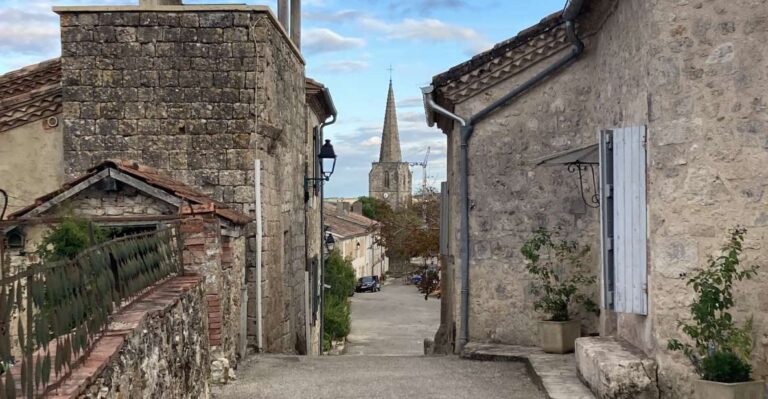Set out on a transformative journey tracing Rio’s evolution from colonialism to democracy with the immersive audio tour. Uncover the intricate layers of history that have shaped the city’s identity, from its humble beginnings to its vibrant present.
As you navigate through the enchanting streets of Rio, guided by expert commentary, you’ll witness the fascinating interplay between past and present, shedding light on pivotal moments that have defined Brazil’s trajectory.
Prepare to be captivated by the unfolding narrative of resilience, culture, and progress that awaits around every corner, offering a profound understanding of Rio’s remarkable journey.
Key Points
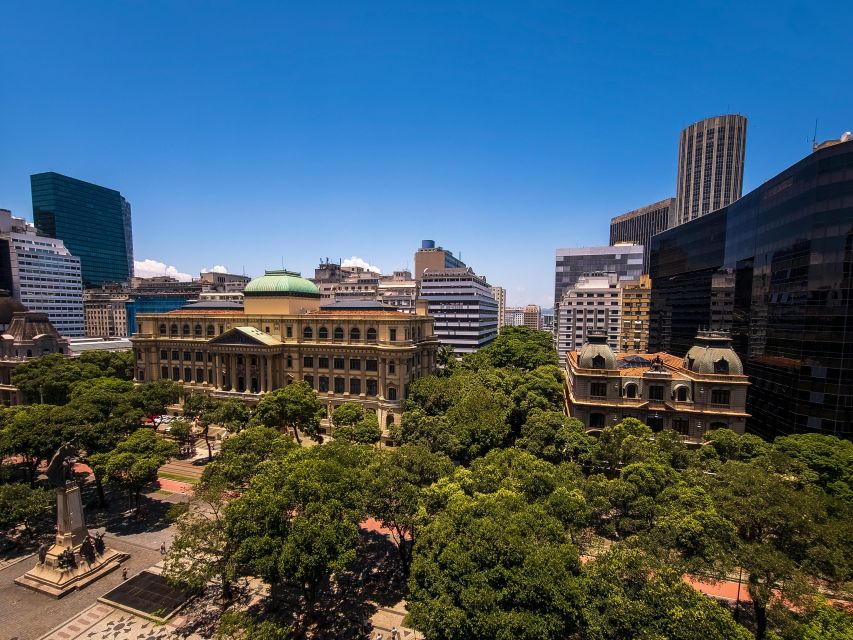
- Explore Rio de Janeiro’s urban development from 1763 to present day.
- Understand Brazil’s history, from colonial times to independence.
- Learn about key historical figures and their impact on Brazil.
- Gain insights into Brazil’s economic evolution and cultural influences.
It's also worth checking out some other tours and experiences nearby.
Rio’s Colonial Legacy Explored
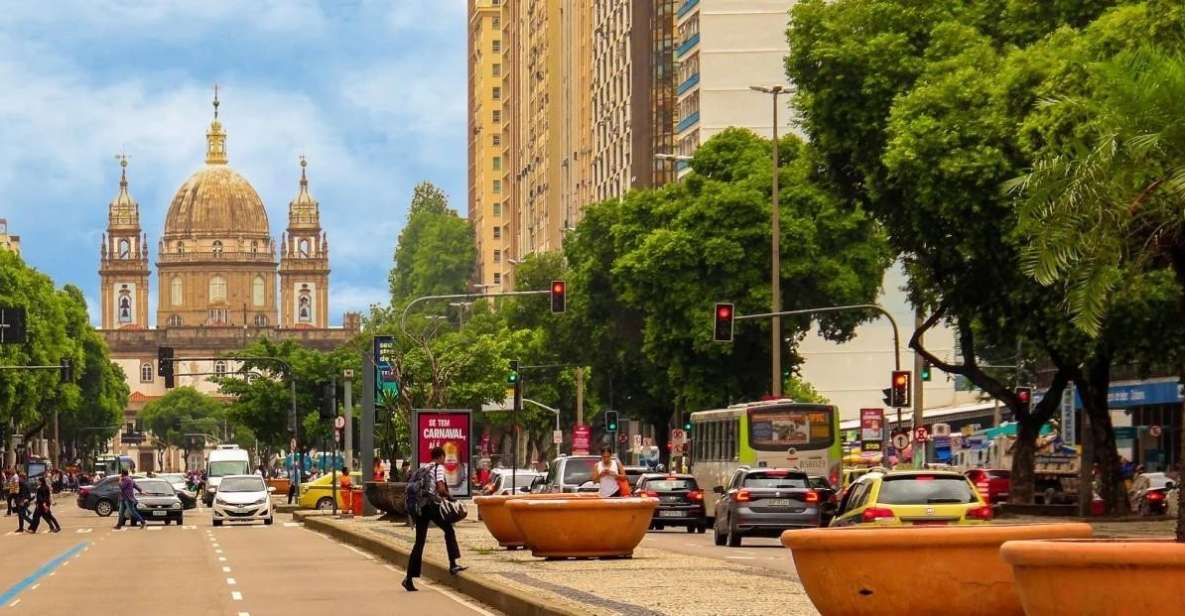
Rio’s colonial legacy unfolds as a captivating journey through the streets of the city, revealing tales of conquest, cultural exchange, and architectural marvels influenced by centuries of Portuguese rule.
The colonial heritage is evident in Rio’s architecture, with buildings showcasing a blend of European and Brazilian styles. This fusion reflects the city’s transition from a colonial outpost to a vibrant cultural hub.
As Rio evolved, the remnants of Portuguese influence intertwined with local traditions, shaping a unique identity. The democracy transition further enriched this heritage, marking a significant shift in governance and societal norms.
Visitors can explore the layers of history embedded in Rio’s streets, witnessing the legacy of colonialism and the resilient spirit that defined the city’s journey towards democracy.
Urban Development Insights Unveiled
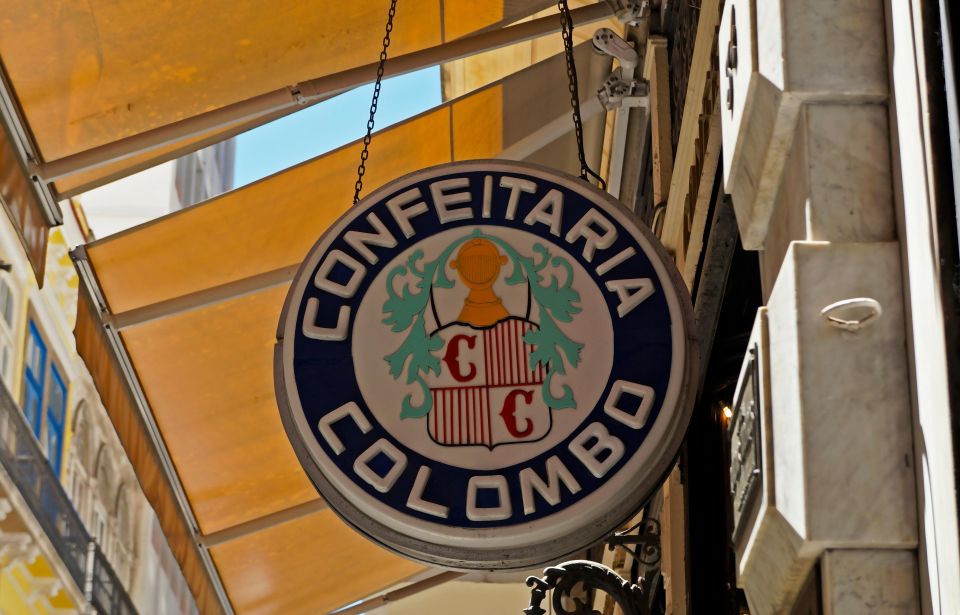
Unveiling the layers of urban development in Rio reveals a dynamic tapestry of architectural evolution intertwined with societal progress and cultural transformation. The city has faced urbanization challenges as it expanded, balancing modernization with the preservation of its rich cultural heritage.
Rio’s architectural landscape showcases a blend of historical influences, from colonial structures to modern skyscrapers, reflecting its complex history. Efforts towards cultural heritage preservation have been key in maintaining the authenticity and charm of neighborhoods like Santa Teresa and Lapa, where traditional architecture and vibrant street art coexist harmoniously.
Navigating through Rio’s streets offers a glimpse into the city’s past and present struggles, successes, and ongoing efforts to create a sustainable urban environment that honors its history.
Portuguese Monarchy’s Architectural Influence
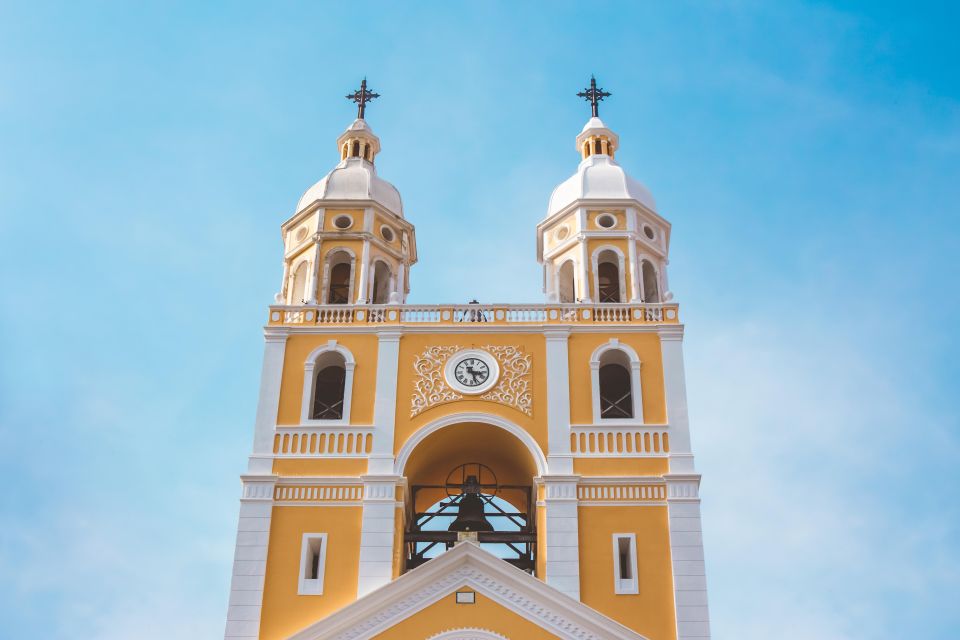
Immersing oneself in the architectural landscape of Rio reveals a captivating blend of influences reflecting the Portuguese Monarchy’s profound impact on the city’s structural evolution.
The Portuguese architecture in Rio de Janeiro showcases a rich heritage marked by intricate designs, ornate facades, and grandiose structures that echo the monarchy’s influence.
Buildings like the Imperial Palace and the Royal Portuguese Reading Room stand as testaments to this historical legacy, with their opulent styles and regal flair.
The monarchy’s architectural influence can be seen in the intricate details, the use of imported materials, and the grandeur that defines many of Rio’s iconic landmarks.
Exploring these architectural marvels offers a glimpse into Rio’s past, highlighting the lasting impact of Portuguese design aesthetics on the cityscape.
Brazil’s Economic Evolution Discussed
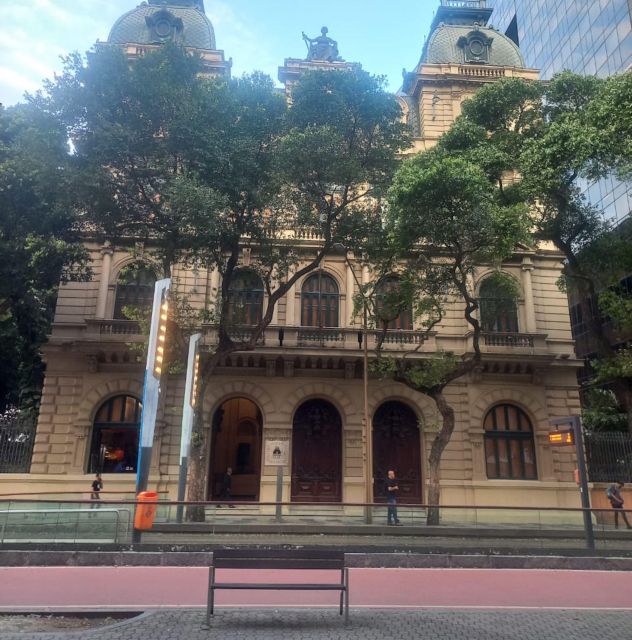
How did Brazil’s economic landscape evolve over time, shaping the country’s development and influencing its population dynamics?
Brazil’s economic history is deeply intertwined with its political history, undergoing significant transformations over the years. From a colonial economy based on agriculture, particularly sugar production and later coffee, to industrialization in the late 19th century, Brazil’s economy has seen diverse phases.
Political shifts, such as the transition from monarchy to republic in 1889, played a crucial role in shaping economic policies. The early 20th century saw a focus on industrial development, while more recent years have seen Brazil emerging as a major player in the global market, especially in sectors like agriculture, mining, and manufacturing.
These economic shifts have influenced population movements within the country and continue to impact Brazil’s social and political landscape today.
Historical Realities: Slavery and Culture
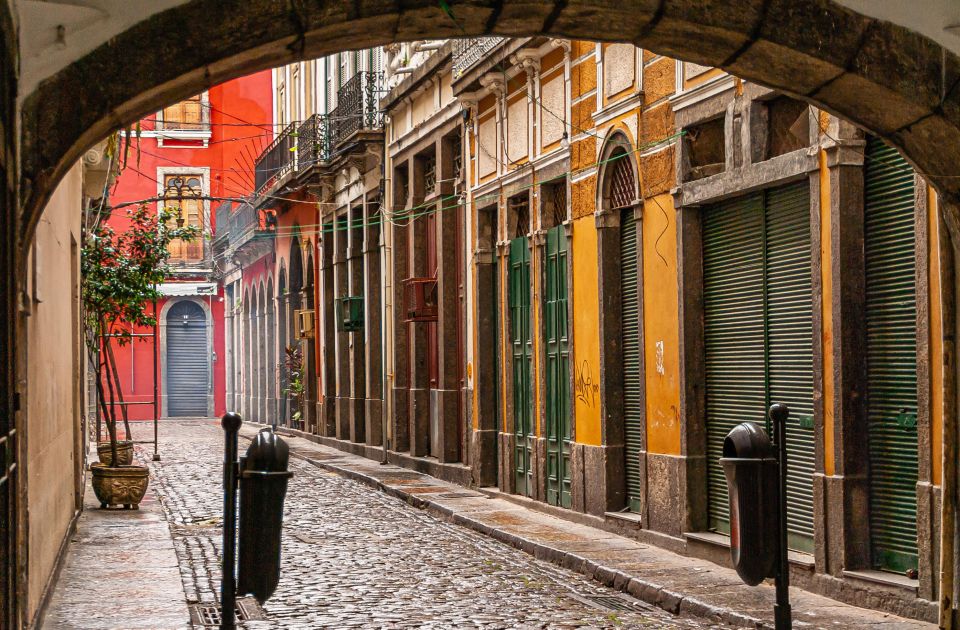
Slavery in Brazil left a lasting imprint on the country’s cultural fabric, shaping its identity and societal structures. The impact of slavery on Brazil’s cultural heritage is profound and can be seen in various aspects of the country’s history.
- Cultural Fusion: The blending of African, Indigenous, and European cultures created a rich and diverse cultural landscape.
- Religious Practices: African religious traditions, such as Candomblé and Umbanda, continue to influence Brazilian spirituality.
- Music and Dance: The rhythms of samba and the movements of capoeira are rooted in the experiences of enslaved Africans.
- Culinary Traditions: Brazilian cuisine reflects the fusion of diverse culinary practices brought by enslaved peoples.
- Language and Literature: Portuguese, African languages, and Indigenous dialects have shaped Brazil’s linguistic diversity.
Art Appreciation at CCBB Museum
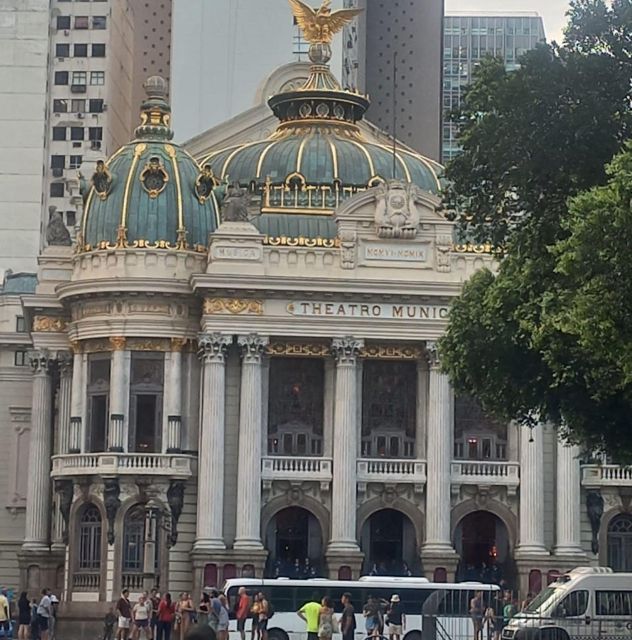
The profound cultural impact of slavery in Brazil resonates vibrantly within the walls of the CCBB Museum, where art appreciation takes visitors on a journey through the fusion of diverse artistic expressions.
At the CCBB museum, visitors can enjoy the beauty of Rococo art, a style characterized by intricate designs, pastel colors, and ornate details. This museum, ranked as the 21st most visited globally, offers a unique opportunity to explore the rich artistic heritage of Brazil.
One highlight includes the Our Lady of Lapa of the Merchants Church, where Rococo art is showcased in all its splendor. From delicate paintings to elaborate sculptures, the CCBB Museum provides a captivating experience for those interested in delving into the world of art.
Practical Information for Booking
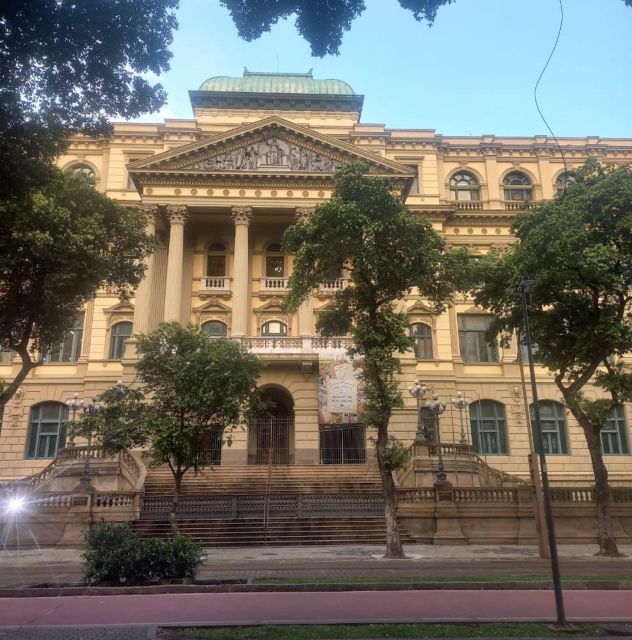
For convenient booking of this insightful tour through Rio de Janeiro’s historical journey, travelers can reserve a spot today without the need for immediate payment. Here are some useful booking tips for those interested in exploring Rio’s fascinating history:
- Check availability for various tour options
- Reserve now and pay later for flexibility
- Enjoy free cancellation up to 24 hours in advance
- Keep travel plans flexible by securing a spot with no payment today
- Explore the city’s historical sites with expert guidance
Here's a few more nearby tours and experiences we think you'll like.
Common questions
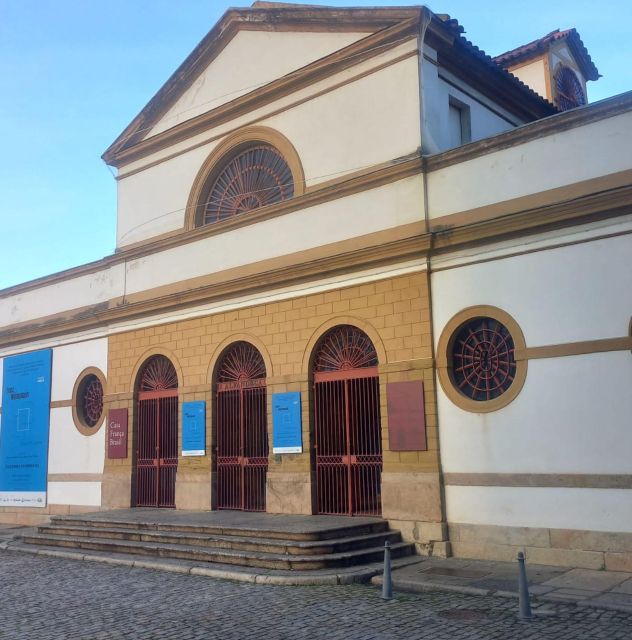
How Did Rio De Janeiro’s Urban Development Impact Its Surrounding Natural Environment?
Rio’s relentless urban sprawl over the centuries significantly impacted its surrounding natural environment, leading to environmental degradation. As the city expanded, deforestation, pollution, and habitat destruction became prevalent, altering the landscape and threatening biodiversity.
What Role Did Indigenous Populations Play in Rio’s Journey From Colonialism to Democracy?
Indigenous populations in Rio de Janeiro played pivotal roles in the journey from colonialism to democracy. Through indigenous resistance and demands for political representation, they challenged power structures and contributed to shaping the region’s history.
How Did the Presence of Different Immigrant Groups Shape the Cultural Landscape of Rio Over Time?
Various immigrant groups, through assimilation and cultural exchange, significantly influenced Rio’s cultural landscape over time. Their traditions, languages, and customs merged with local practices, creating a rich and diverse tapestry that continues to shape the city’s identity.
What Impact Did the Construction of the Port Have on Rio’s Economy and Social Structure?
The construction of the port in Rio had a profound impact on its economy, fostering economic growth through increased trade opportunities. However, it also exacerbated social inequality as wealth generated didn’t trickle down equally among the population.
How Have Contemporary Social Movements in Rio Addressed the Legacies of Slavery and Colonialism in the City?
Contemporary activism in Rio tackles historical injustices from slavery and colonialism. Social movements strive to address legacies through awareness, education, and policy change. By acknowledging the past, Rio’s residents work towards a more inclusive and just society.
Not for you? Here's more of our most recent tour reviews happening neaby
- From Rio De Janeiro: Arraial Do Cabo Tour With Lunch
- Rio: Tijuca Forest & Horto Waterfalls Circuit Tour
- Rio De Janeiro: Sugarloaf Mountain Hike Tour
- Rio: Pub Crawl in Lapa With Cachaça Tasting and Live Samba
- Rio: Christ the Redeemer & Sugarloaf Express Tour
- Private Boat Tour With Photography Service
- Rio De Janeiro: Hang Gliding Tandem Flight
- Rio De Janeiro Hang Gliding Adventure
- Rio: Floating Breakfast Boat Trip in Guanabara Bay
- Favela Tour the Original, Rocinha & Vila Canoas Since 1992
- Rio De Janeiro (Urca) Scavenger Hunt and Self-Guided Tour
- Pedra Do Telégrafo Hike and Beach Full-Day Tour
- From Rio De Janeiro: Sugarloaf Mountain Tour With Cable Car
- Rio De Janeiro: Morro Dois Irmãos Trail
- Abricó Beach (Nudist Beach), Grumari Beach & More.
Sum Up
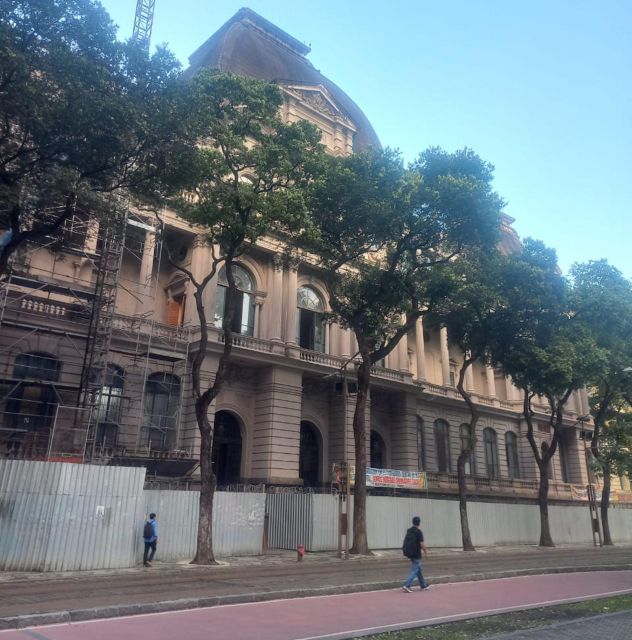
Discover the captivating history of Rio de Janeiro through the lens of colonialism to democracy on this immersive audio tour. Gain insights into the city’s urban development, architectural influences, economic evolution, and cultural heritage.
Unravel the complexities of Brazil’s past at your own pace with unlimited access to this enriching experience. Enjoy the rich tapestry of Rio’s journey and deepen your understanding of this vibrant city’s historical evolution.
Book now and embark on a journey like no other!

